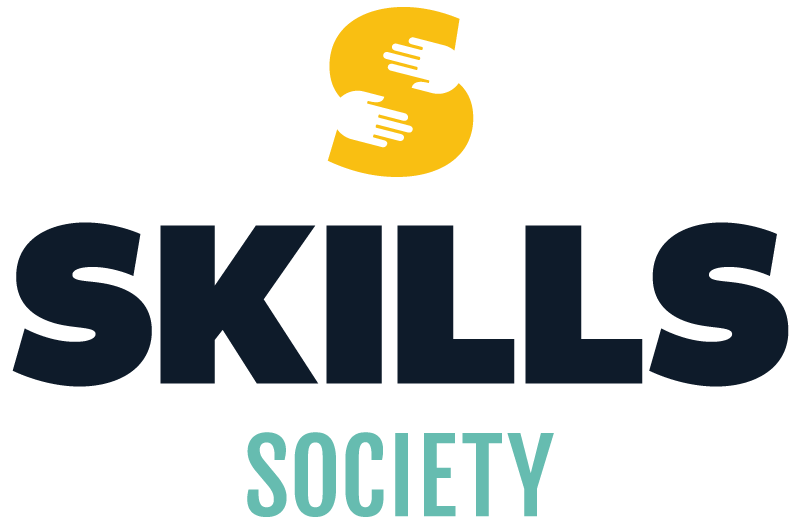September 28th, 2021 - Inclusion Alberta's Statement on Alberta's Triage Protocol & Persons with Disabilities
Sharing the below statement from Inclusion Alberta regarding Alberta's Critical Care Triage Protocol:
September 28th, 2021
"While Alberta’s Critical Care Triage Protocol has not been officially implemented, doctors and the news media are reporting that elements of triaging have already begun given the current crisis in our hospitals. In the past individuals with disabilities were discriminated against in the context of triage protocols however this should not be the case today in Alberta. We are providing the following information to ensure you are aware that disability is not to be a factor used in determining whether someone receives needed critical care. In addition, we want families to be aware of their right to be consulted and present in the critical care of their family member with a developmental disability.
Above all else, we encourage everyone in the strongest terms possible to stay safe and get vaccinated particularly given the fact individuals with developmental disabilities are more likely to have severe outcomes if they become infected.
What is the Critical Care Triage Protocol?
The Critical Care Triage Protocol is a document prepared by Alberta Health Services to be used as a framework for how our healthcare system will work if intensive care units (ICU’s) become overwhelmed and no longer have the resources to care for every critically ill patient. The purpose of the triage protocol is to give medical professionals a guide for allocating resources first to those critically ill patients with the greatest chance of survival. While the Protocol has not been officially enacted physicians and news media are reporting that triaging is now taking place.
The most recent version of the Critical Care Triage Protocol is the version released in May 2021. Inclusion Alberta was consulted on the Framework in May 2020 and successfully advocated for disability to be excluded as a considering factor during triage. Specifically:
P. 6, Ethical Guiding Principles: “Incremental survival differences are based on medical assessments of the patient only and not personal or group characteristics of the patient (i.e., age, sex, race, disability, national or ethnic origin, colour, religion).”
P. 36, Appendix A Ethical Considerations- Substantive Principles
P. 31, bullet point #5: “…the protocol… ensures that persons with disabilities are not discriminated against and are subject to the same criteria as all patients.”
Given individuals with developmental disabilities and particularly individuals with Down syndrome have a heightened degree of vulnerability to COVID-19, the best and most effective way to protect yourself and your family members at this time is to stay healthy and out of hospital if at all possible. Now, more than ever, do everything you can to follow all public health measures, limit unnecessary contact with others outside your cohort and get vaccinated.
Designated Support Persons Guidance for Acute Care, Ambulatory, Urgent Care and Emergency Care:
Due to the changing nature of the pandemic situation in Alberta, AHS occasionally makes changes to regulations regarding family/designated support persons on-site access at medical facilities. Please use this link to see up-to-date rules about designated support persons and visitors for patients. Note that as of September 20, 2021, “Seniors, minors and patients with mobility and/or cognitive challenges should be given priority to have their designated support person remain with them in-person.”
Supported Decision Making:
Throughout the pandemic, one tool that some families have chosen to assist them in being consulted and involved the care of their adult family member with developmental disabilities, if hospitalized, is Supported Decision Making. This is a document that is intended for adults capable of making decisions but who would like some support in making specific decisions, including medical decisions. The identified supporter can help to communicate the adult’s questions, concerns and decisions by talking to service providers including doctors, pharmacists, and care centres. The supporter has legal authority to access the adult’s personal information including medical records and help the adult think through decisions.
Supported Decision Making involves simply filling out an online form, designating a support person, establishing a clear start and end date for the supported decision making, and ensuring that the signed paperwork remains on file. This document does not jeopardize the adult’s independence, does not require a legal ruling and can be completed at any time. In the event that the adult does fall ill and require hospitalization, this document may be helpful to ensure that your loved one has the support that she or he requires."
-Inclusion Alberta

